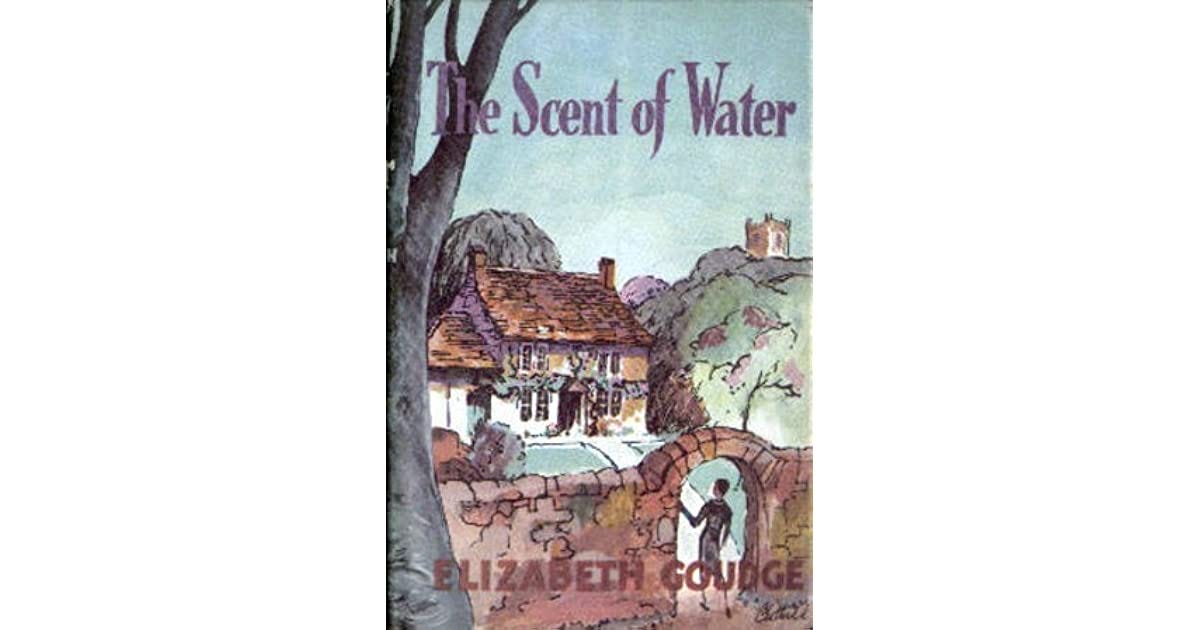Book Recommendation: The Scent of Water
Elizabeth Goudge's writing is like a sage and cherry scone, cozy but complex.
Midcentury British author Elizabeth Goudge's writing is like a sage and cherry scone, cozy but complex.
I’ve never actually had a sage and cherry scone since my sensitive stomach would punish me for the double crime of dairy and gluten, so I don’t know if this metaphor actually works. But it sounds amazing, doesn’t it? Someone please try them out and tell me if they’re good.
This isn’t a food blog, but imagine with me for a moment: a warm, crusty scone, sweet and fragrant. You crunch through the outside to the warm, crumbly interior, studded with sour cherries and suffused with just enough savory sage to make it more interesting, perhaps even more challenging, than an ordinary sweet scone. It’s more than comfort food now.
That’s what Elizabeth Goudge’s 1963 book The Scent of Water is like. Set in a quaint English village, it at first seems to fit into the “cozy lit” genre. The main character retires from her career in London to seek a quiet life. She reads books, takes walks in the countryside, and drinks many cups of tea. So far, so cozy.
Yet the novel uses its safe, charming setting to explore harder issues. A child feels out of place in her adopted family of a different race. A woman struggles to love a married friend platonically despite other feelings rising. One character suffers from mental illness. Another lives with a permanent disability which has done more harm to his marriage, through his wife’s martyr complex, than it has to his physical wellbeing.
Throughout the story, the agnostic main character’s prosaic moments are interrupted by memories of childhood, and “the scent of water.” This titular phrase references the following passage from Job:
For there is hope for a tree,
if it be cut down, that it will sprout again,
and that its shoots will not cease.
Though its root grow old in the earth,
and its stump die in the soil,
yet at the scent of water it will bud
and put out branches like a young plant.
Job 14:7-9
The novel shifts points of view from character to character, each one growing clearer and more sympathetic when we get to see the world through their eyes. The most profound of these are the journal entries of Cousin Mary, the protagonist’s deceased cousin. The sort of quiet, retiring person whom many people forget to notice - who also suffered from a strong mental illness in an era without understanding or effective medications - her heroic strength is revealed through the pages of her diary.
Cousin Mary writes,
Perhaps I shall never be well but this place will give me periods of respite that I would not have found in any other, and though I am able to do nothing else in this life, except only seek, my life seeming to others vie manquée [“life lacking”], yet it will not be so, because what I seek is the goodness of God that waters the dry places. And water overflows from one dry patch to another, and so you cannot be selfish in digging for it.
Heroines walk among us, and you might never know it.
So while you wait for spring, I invite you to curl up with tea, scones, and The Scent of Water.





